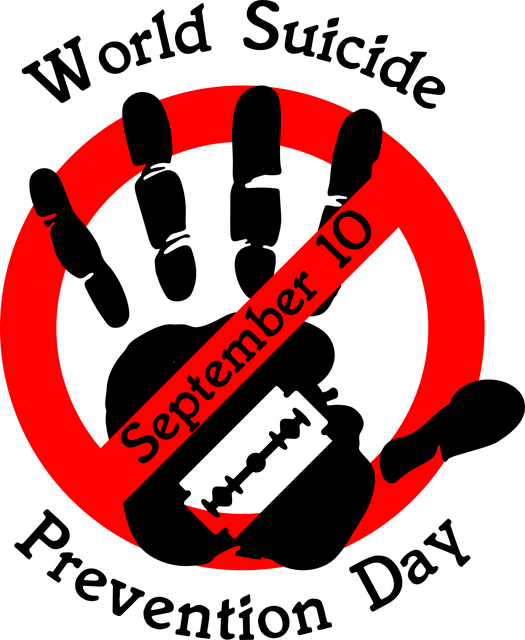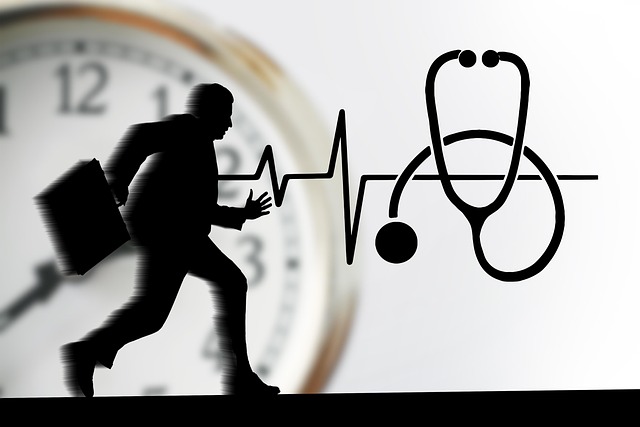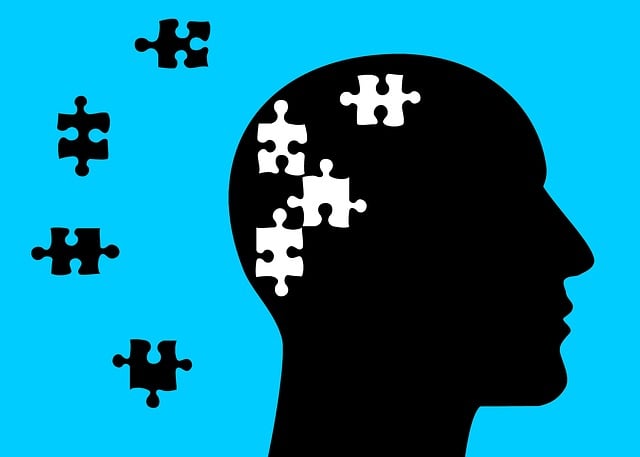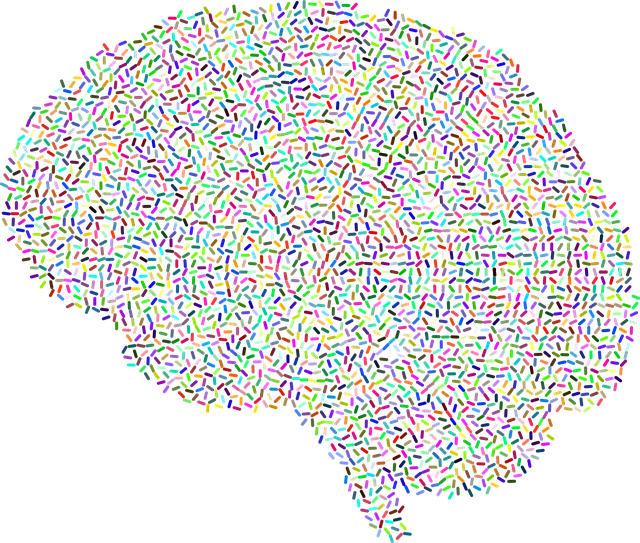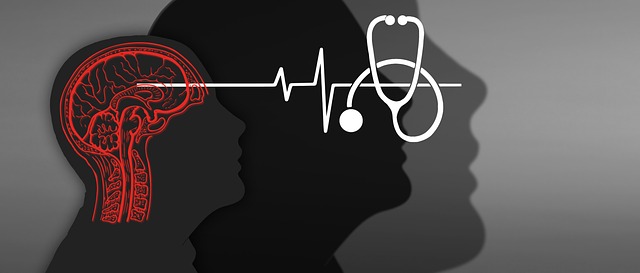Adolescent teens face unique pressures from academics, social media, and peers, impacting their mental health. Traditional therapy may not suffice, highlighting the need for specialized mental wellness coaching programs. These programs offer a non-intrusive, supportive space for teens to develop coping strategies, focusing on emotional regulation. By integrating bariatric evaluations and community outreach, coaches help teens incorporate self-care routines, fostering emotional balance and healthier relationships. Early intervention, including risk assessment, is key in empowering adolescents with coping mechanisms for life's challenges. Integrating bariatric evaluations into comprehensive coaching programs ensures holistic well-being by addressing physical and mental health together, supported by public awareness campaigns and peer support groups.
Mental wellness coaching programs are gaining traction in addressing the unique challenges faced by adolescent teens. This article explores the critical components of developing effective therapy programs tailored to this demographic, focusing on both psychological support and bariatric evaluations. By integrating comprehensive assessments and personalized strategies, we can enhance the success rate of interventions aimed at improving mental health and well-being for young individuals. Key topics covered include understanding teen mental wellness needs, designing targeted therapies, and implementing successful coaching models with a particular emphasis on bariatric evaluations.
- Understanding the Need for Mental Wellness Coaching for Teens
- Designing Effective Therapy Programs for Adolescents
- Integrating Bariatric Evaluations into Comprehensive Coaching
- Implementation and Support Strategies for Success
Understanding the Need for Mental Wellness Coaching for Teens

Adolescent teens are facing increasing pressures from academic demands, social media engagement, and peer dynamics, which can significantly impact their mental health and well-being. Traditional therapy approaches may not always resonate with this younger demographic, making specialized coaching programs essential. Mental wellness coaching for teens offers a non-intrusive and supportive environment where they can develop coping strategies and build resilience. This tailored approach recognizes that emotional regulation is a vital skill for navigating the challenges of adolescence, especially in today’s fast-paced world.
By incorporating community outreach program implementations, coaches can help teens integrate self-care routines into their daily lives. Bariatric evaluations, while not solely focused on physical health, can also provide insights into an individual’s overall well-being, including mental wellness. Encouraging teens to prioritize self-care fosters emotional balance and promotes healthier relationships with themselves and others, ultimately contributing to improved mental health outcomes.
Designing Effective Therapy Programs for Adolescents

Designing effective therapy programs for adolescents is a nuanced and critical task. With mental health issues on the rise among teens, tailored interventions are essential to address unique challenges like stress, anxiety, and body image concerns. Bariatric evaluations, for instance, have become more prevalent in identifying eating disorders at earlier stages, allowing for prompt intervention. The development of comprehensive therapy programs should incorporate various evidence-based techniques, such as conflict resolution skills training and social skills training, to foster a supportive environment.
Risk assessment plays a pivotal role in this process, helping mental health professionals identify vulnerable adolescents and design targeted strategies. By integrating these approaches, coaches can facilitate adolescent clients’ emotional well-being, equip them with coping mechanisms, and empower them to navigate life’s challenges effectively.
Integrating Bariatric Evaluations into Comprehensive Coaching

Integrating bariatric evaluations into comprehensive coaching programs is a strategic move to address the holistic well-being of adolescent teens, especially those considering weight-loss interventions. Beyond physical health, bariatric evaluations provide an opportunity for mental wellness coaches to identify co-morbidities and underlying psychological factors that may impact a teen’s journey towards healthier habits. By incorporating these assessments, coaches can tailor their guidance, offering not just nutritional and exercise plans but also therapy for adolescent teens. This dual approach ensures that young individuals receive comprehensive support, fostering both physical and mental resilience.
The process involves detailed assessments to gauge emotional eating patterns, body image perception, and stress management mechanisms. These insights are invaluable in tailoring interventions, which may include recommendations for Stress Management Workshops Organization or Mental Wellness Journaling Exercise Guidance. Moreover, raising public awareness through campaigns focused on healthy lifestyles can create a supportive environment, encouraging teens to make informed choices about their well-being.
Implementation and Support Strategies for Success

Implementing successful mental wellness coaching programs requires a multi-faceted approach. One key strategy is to integrate therapy for adolescent teens and bariatric evaluations where necessary, ensuring tailored interventions for diverse populations. Regular mindfulness meditation sessions can be woven into the program to enhance self-awareness and resilience.
Beyond individual coaching, fostering a supportive environment through public awareness campaigns development and peer support groups can significantly contribute to overall success. These strategies create a network of encouragement, promoting open dialogue about mental health. By combining targeted interventions with community engagement, wellness programs become more accessible and effective in nurturing the mental well-being of all participants.
Mental wellness coaching programs designed specifically for teen development are a vital step towards fostering healthier, happier, and more resilient adolescents. By integrating comprehensive therapy with targeted bariatric evaluations, we can create tailored interventions that address the unique challenges faced by today’s young people. Effective coaching strategies, as outlined in this article, empower teens to navigate their mental health journeys, promoting long-term well-being and success. With continued research and implementation, these programs have the potential to revolutionize adolescent care, ensuring a brighter future for our youth.
